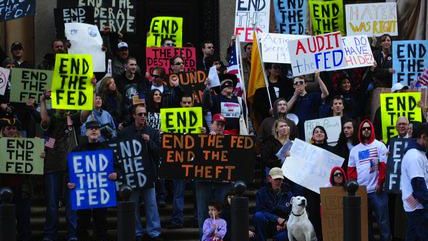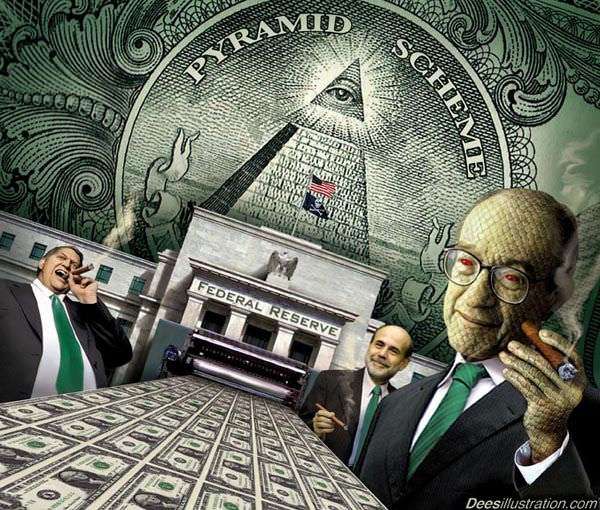The Federal Reserve Can't "Fix" Unemployment (or Income Inequality)


Last week the Federal Reserve Board's Sarah Bloom Raskin addressed the National Community Reinvestment Coalition about employment options for moderate and low income working Americans. Her talk was a reflection on the Federal Reserve's decision to lower short-term interest rates, and the effect of the stimulus on the economy and unemployment:
The Federal Reserve's primary monetary policy tool is its ability to influence the level of interest rates. Federal Reserve policymakers pushed short-term interest rates down nearly to zero as the financial crisis spread and the recession worsened in 2007 and 2008. By late 2008, it was clear that still more policy stimulus was necessary to turn the recession around. The Federal Reserve could not push short-term interest rates down further, but it could--and did--use the unconventional policy tools to bring longer-term interest rates such as mortgage rates down further.
And yet, concedes Raskin, "while the Federal Reserve's monetary policy tools can be effective in promoting stronger economic recovery and job gains, they have little effect on the types of jobs that are created, particularly over the longer term." Speaking of types of jobs, Mark Spitznagel, a hedge fund founder and contributor to The Wall Street Journal, argued last year that the Fed's role in the recovery was to make the rich richer:
The Fed doesn't expand the money supply by uniformly dropping cash from helicopters over the hapless masses. Rather, it directs capital transfers to the largest banks….
The Fed is transferring immense wealth from the middle class to the most affluent, from the least privileged to the most privileged. This coercive redistribution has been a far more egregious source of disparity than the president's presumption of tax unfairness (if there is anything unfair about approximately half of a population paying zero income taxes) or deregulation.
While the Fed can alter short-term interest rates, print money, and go on an indefinite bond-buying spree, all that does is increase stock prices for the already wealthy. Such actions leave moderate and low incomes unchanged while decreasing the purchasing power of their income.


Show Comments (10)